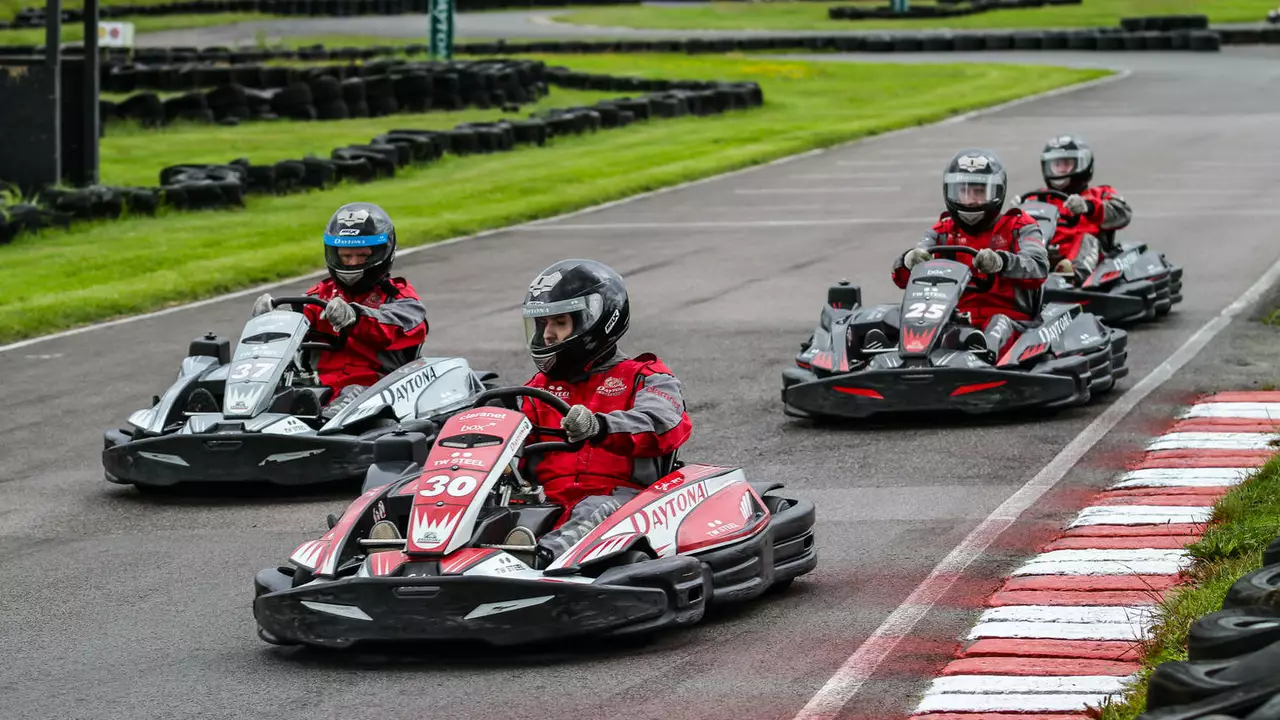Career Progression in Motorsports – Your Roadmap to the Top
If you love the roar of engines and want to make a living from it, you need a clear plan. Motorsports isn’t just about drivers; teams need engineers, mechanics, data analysts, and support staff. The good news? There are entry points for almost any skill set, and each step you take builds toward the next level.
Start with the Basics: Education and Skills
The first move is to get the right knowledge. A diploma in automotive engineering, mechanical engineering, or even a trade certificate for vehicle maintenance can open doors. If you’re more into the business side, a degree in sports management or marketing works too. While you study, pick up hands‑on experience: volunteer at local karting clubs, help a friend prep a car for a race, or join a university motorsport team. Those practical hours look great on a resume and give you a taste of what the day‑to‑day looks like.
Getting Your Foot in the Door
Once you have some credentials, look for entry‑level roles. Internships with racing teams, chassis manufacturers, or tyre suppliers are gold mines for learning and networking. Even a part‑time job at a garage that services race cars can teach you the language of the paddock. When you apply, highlight any hands‑on projects you’ve done – a rebuilt engine, a data‑log analysis, or a marketing campaign for a local race. Recruiters love concrete examples.
Don’t overlook the power of connections. Attend track days, motorsport expos, and local race meetings. Introduce yourself to engineers, crew chiefs, and team managers. A quick chat about a recent race or a shared love for Subaru’s rally heritage can spark a relationship that leads to a job referral later on.
As you settle into a role, focus on delivering results. Fix a recurring brake issue faster than anyone else, suggest a small aerodynamic tweak that saves a few tenths of a second, or create a social media post that boosts fan engagement. Visible contributions make you a candidate for promotion when a senior spot opens.
Climbing higher often means adding new skills. If you started as a mechanic, consider learning data acquisition software so you can move into performance analysis. If you began in marketing, get comfortable with sponsorship negotiations and contract basics. Online courses, workshops, and on‑the‑job training keep you marketable and ready for the next level.
Finally, set clear milestones. Maybe you aim to become a lead engineer within five years, or a team manager after ten. Write down the steps, track progress, and adjust as the industry shifts. Motorsports evolves fast – electric series, hybrid tech, and virtual racing are reshaping career paths. Stay curious, stay adaptable, and the progression will follow.
Remember, the racing world rewards passion as much as skill. Keep your love for speed alive, share it with teammates, and you’ll find the right opportunities to accelerate your career.

28
Jul
Alright, folks buckle up, because after I've aced my days of zooming around in karts, it's time for a turbo-charged leap into the big leagues of motorsports! No more child's play, we're kicking it up a notch and moving into formula racing - think of it as karting's wilder, beefier cousin. It's a thrilling cocktail of speed, adrenaline and more horsepower than you can shake a stick at! So, hold onto your helmets, because this next chapter is all about mastering new racing techniques, wrangling bigger machines, and making a name in the high-stakes world of professional racing. Keep your engines running, because this ride just got a whole lot bumpier!
Read More
